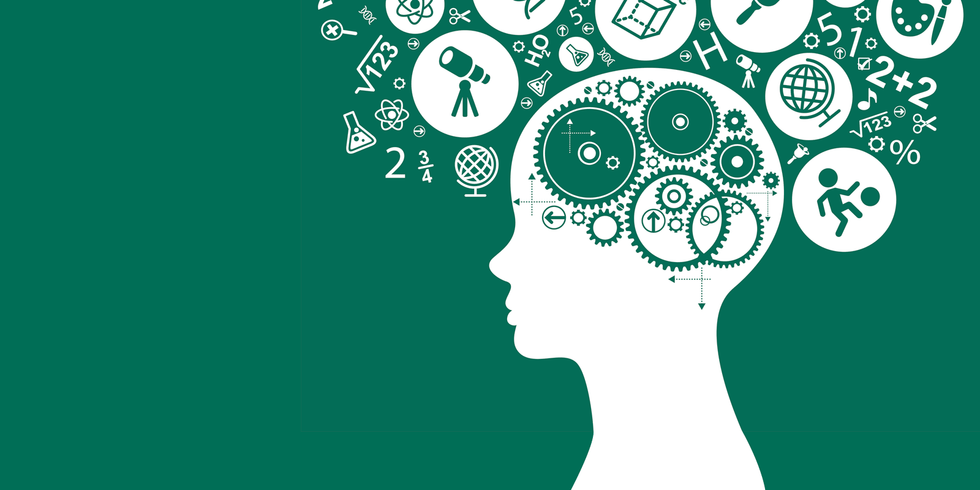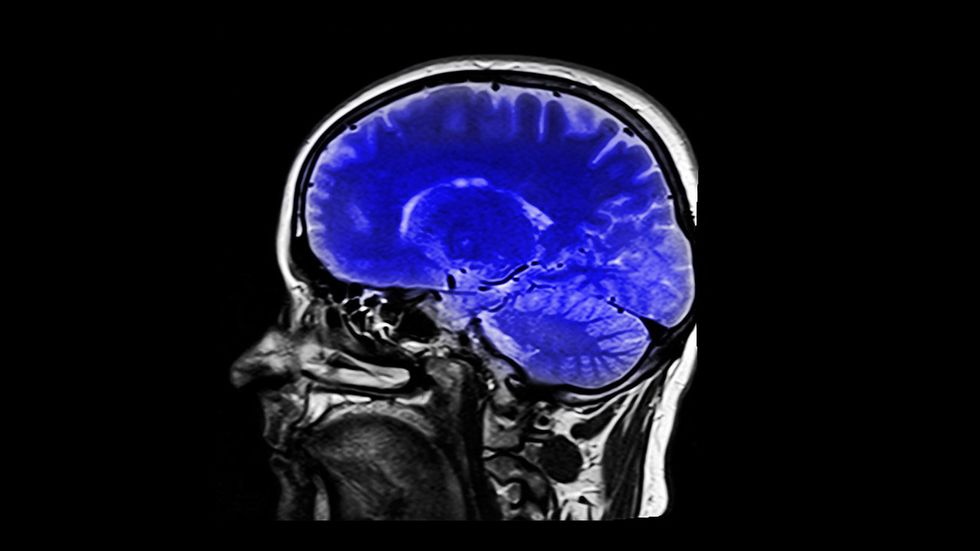If you think of yourself as a totally rational person and semi-logical one, you are probably wrong. In the recent decades, psychologists and scientists have found "mental loopholes" in our brain that allows it into choosing the worst choice in a sea of good ones.
As scientific jargon puts it, we are slaves to the "mere exposure effect," most commonly known as a "narrative fallacy." These mental errors make us prone to being irrational in our day-to-day lives, swaying us away from the good choices and leading us into the bad. So, here are five narrative fallacies that everyone should we aware of in order to be better and grow as a person.
1. Loss Aversion

The Blue Diamond Gallery
Humans...ever the overly cautious mammals walking on Earth. The loss aversion our species possesses make us prone to heavily prefer avoiding losses to acquiring gains. In fact, research has shown that when you gain ten dollars, you will only gain a small boost in satisfaction. However, when you lose ten dollars, the drop in satisfaction will be much bigger than winning the exact same amount, hence the magnitude of that difference will make us choose he least dangerous option even though it can mean that it is not as easily achievable or will hurt someone or something in the process. For example, imagine that bit of joy when you breeze your way from school or work thanks to the traffic lights being green, but if you miss the opportunity because of the car in front of you sitting at the green light, you will get downright angry. Two words for you: Loss. Aversion.
2.The Availability Heuristic

Wikimedia Commons
This mental error refers to the fact that the side we are most involved in or know most about is the side you will most likely choose, despite its potential misbelief it may have lead us to. Think of the current mindset some men and women have towards the famous actresses coming out with their abuse or rape story towards big-shot producers, directors, and actors. Though the women are not telling lies, some might believe they are just doing it for attention or money. This might be partially due to the Availability Heuristic for some men might not believe that their own companions are incapable of laying a hand on a woman, or they might nor believe because they themselves haven't done anything to their opposite sex fellows and can't imagine the monster who could, or simply because they haven't been victims of sexual abuse and can't picture the horror that it actually is. Hence, this people are sticking with the side they know the most, but that doesn't mean its the right choice. Welcome to the Availability Heuristic.
3. Confirmation Bias

Wikimedia Commons
If you thought the last two were bad, get ready for the confirmation bias. The father of them all. This is based on the fact humans are more keen to only formulate one hypothesis instead of creating several and testing them out to see if they hold true or fail. Humans will generally ally with their beliefs until their death, or proven wrong. However, the latter might be harder than many think. For example, if a person believes in climate change then they are more biased to read articles and newsletters that confirms their beliefs, instead of disproving them. In contrast, a non-climate-change believer will more likely read the opposite articles proving their own, separate beliefs. I present to you, the confirmation bias.
Though there are many areas of everyday life where the mental processes mentioned above are incredibly useful, our brains slip into this way of thinking so quickly and effortlessly that we end up using them in situations where they don't serve us. Because of this, there is only one way you can fix them, which is done in self-awareness. Hopefully, thus article will help you spot these errors next time.





 Energetic dance performance under the spotlight.
Energetic dance performance under the spotlight. Taylor Swift in a purple coat, captivating the crowd on stage.
Taylor Swift in a purple coat, captivating the crowd on stage. Taylor Swift shines on stage in a sparkling outfit and boots.
Taylor Swift shines on stage in a sparkling outfit and boots. Taylor Swift and Phoebe Bridgers sharing a joyful duet on stage.
Taylor Swift and Phoebe Bridgers sharing a joyful duet on stage.












